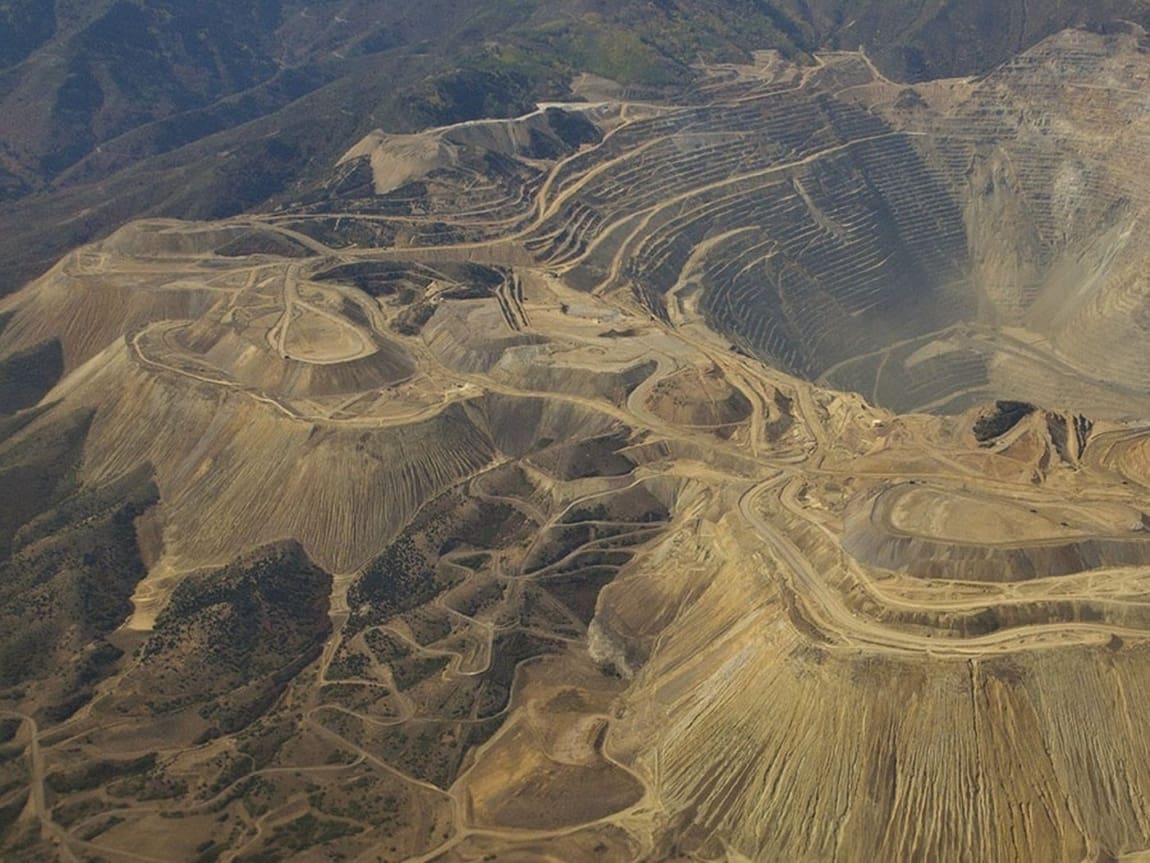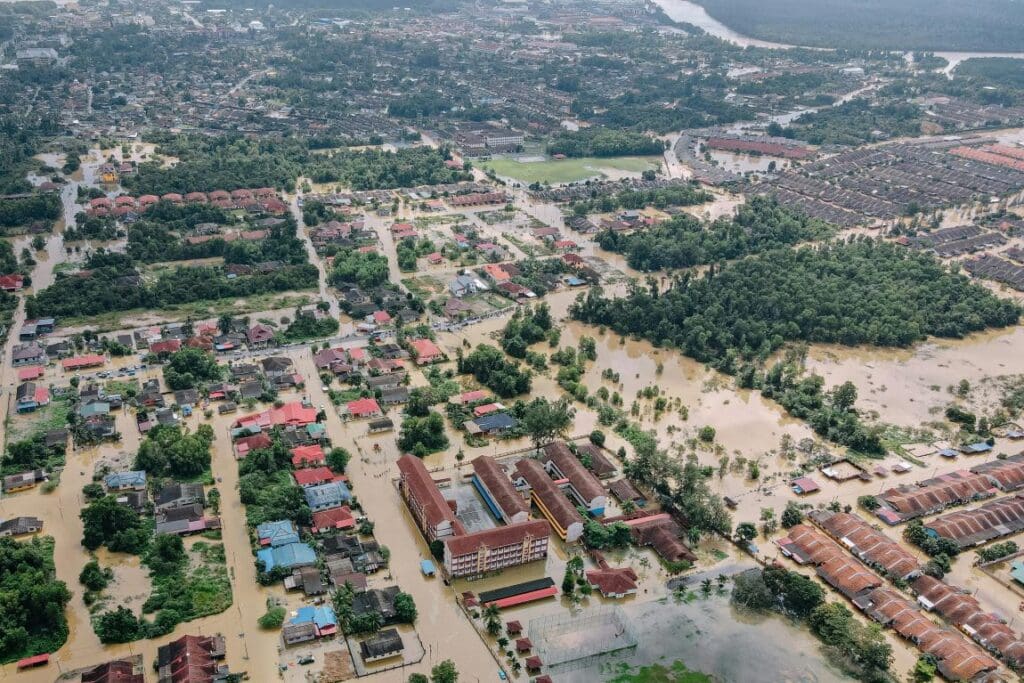By James Goldie, 360info in Melbourne
China still processes the biggest share of the critical minerals needed for the transition to greener sources of energy but other countries are mining them too.
Countries around the world are demanding more solar panels, electric vehicles and other technologies as they make the transition to greener sources of energy — part of the global push to address climate change.
But the mining and particularly the processing of the critical minerals required to build these technologies is controlled by only a handful of nations.
The International Energy Agency’s Global Critical Minerals Outlook 2024 discusses the supply of and demand for minerals used in decarbonising our energy system.
Copper is the most supplied mineral: more than 22 million tonnes of it is mined each year, mostly across Asia, South America and Africa. It’s used in everything from EVs to solar panels.
The explosion in lithium-ion battery sales recently has driven growth in demand for lithium, but also other minerals used in them such as cobalt, graphite and nickel.
There's also strong demand for several metals referred to as "rare earth elements" that are unsurprisingly found in rare earth-bearing minerals.
Their name is a bit of a misnomer as the elements aren't particularly rare in the Earth's crust, it's more that they exist at concentrations that often aren't economically feasible to mine.
Rare earths have several applications, for example, they're commonly used in magnets in EV motors.
China leading global processing
China plays a large part in refining and processing nearly all of these key minerals, supplying more than 90 percent of all rare earth products and battery-grade graphite products globally.
Mining is a more complex story. Although China dominates the extraction of the world's natural graphite and rare earth mineral supplies, other countries have a larger hand in other minerals.
Nearly two thirds of the world's cobalt, and some of its copper, comes from the Democratic Republic of Congo. As these mines expand, the forced eviction of communities in their way has grown alongside the forced labour working on the mines.
Meanwhile, just over half the world’s nickel is mined in Indonesia, following the rapid expansion of mining efforts there to support domestic EV production since 2018.
Whereas its southern neighbour Australia's nickel industry is currently under a cloud, although just over 40 percent of lithium supplies are mined in Australia.
While these minerals play a key role in the clean energy transition, which is needed to keep global temperatures in check, climate change also poses risks to their supply.
Part of this is legal, as companies must comply with greenhouse gas and biodiversity reporting or risk losing contracts. But part of it is also physical.
Copper, for example, faces significant supply risks as more than half of the world's current copper mines are in areas with high water stress, according to the IEA. Mines in these areas compete with other sectors for limited fresh water, making other climate impacts worse.
Although current production is concentrated in relatively few countries, many more have reserves that could potentially be mined in the future.
Originally published under Creative Commons by 360info™.
Featured image: Copper is one of the key minerals used in batteries, solar panels and other green technologies Credit: BFS Man | Wikimedia Commons | CC BY 2.0




